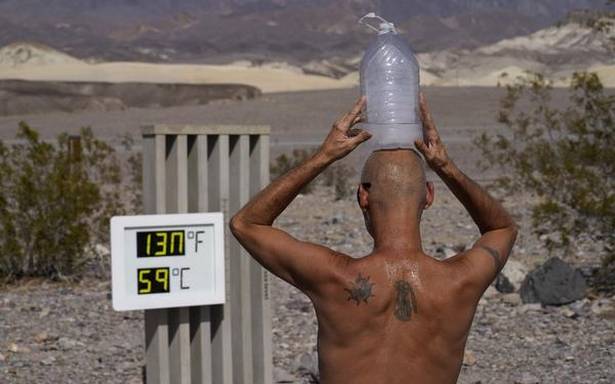Earth’s rising fever hit or neared record hot temperature levels in 2020, global weather groups reported January 14.
While NASA and a couple of other measurement groups said 2020 passed or essentially tied 2016 as the hottest year on record, more agencies, including the National Oceanic Atmospheric Administration, said last year came in a close second or third.
The differences in rankings mostly turned on how scientists accounted for data gaps in the Arctic, which is warming faster than the rest of the globe.
“It’s like the film ‘Groundhog Day.’ Another year, same story — record global warmth,” said Pennsylvania State University climate scientist Michael Mann, who wasn’t part of the measurement teams.
“As we continue to generate carbon pollution, we expect the planet to warm up. And that’s precisely what we’re seeing.” Scientists said all you had to do was look outside: “We saw the heat waves. We saw the fires. We saw the (melting} Arctic,” said NASA top climate…














